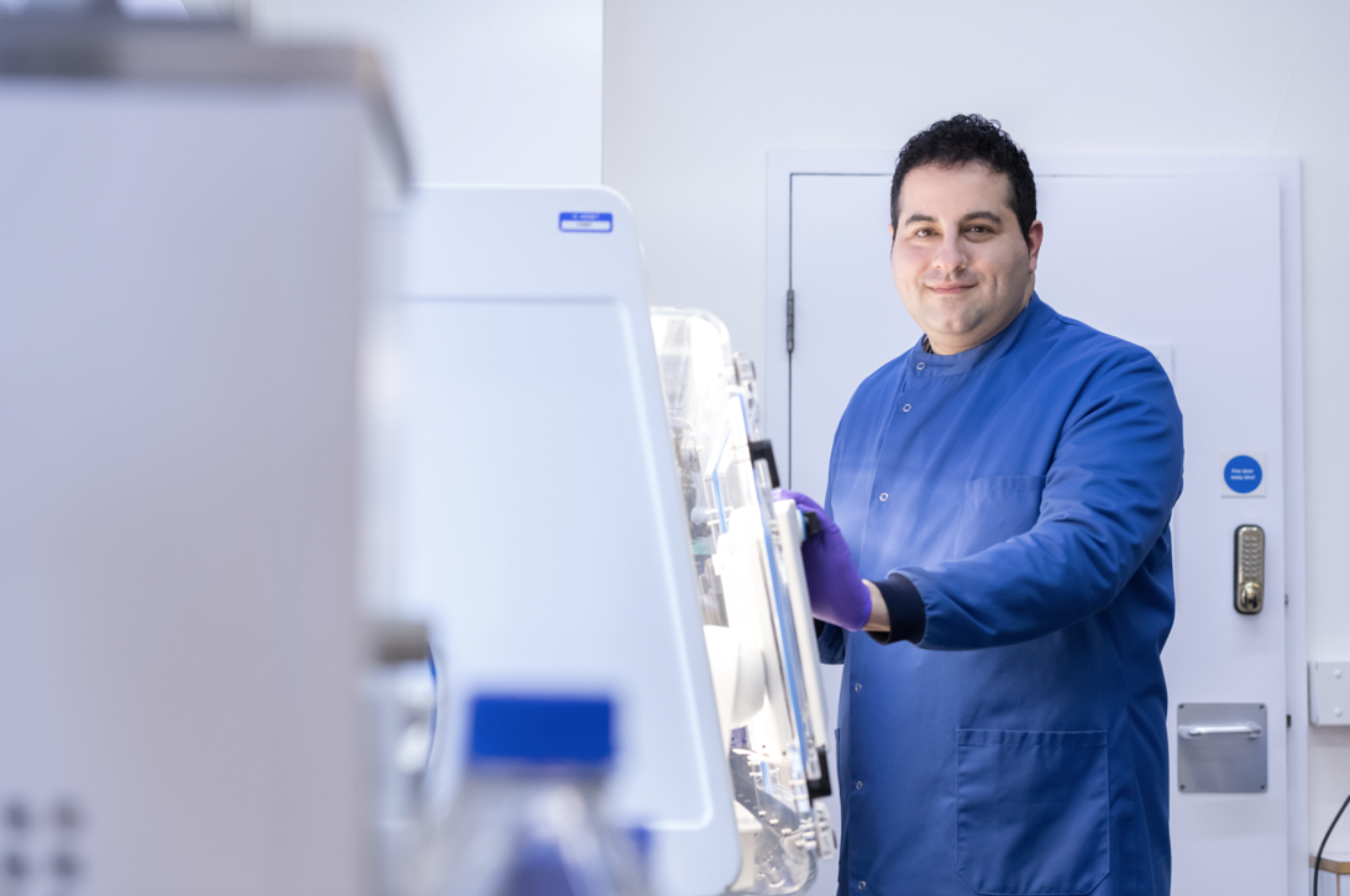
On World Liver Day, Dr Benjamin Mullish from the Department of Metabolism, Digestion and Reproduction, discusses the research being done on the microbiome and faecal (or ‘intestinal’) microbiome transplants (FMT), and how he hopes that can be converted from ‘bench to bedside’ to improve the lives of patients with liver conditions.
When most of us hear the words ‘gut bacteria’, we think about germs that can cause infection and make people ill. However, more recently, scientists and doctors have recognised that we also have billions of ‘beneficial’ bacteria (and other microbes) in our gut that play important roles in keeping us healthy. The specific ‘mix’ of microbes that a person has in their gut, and the environment in which they live – now often called the gut microbiome – is distinct between different people like a fingerprint. Furthermore, the gut microbiome is influenced by and altered by a number of factors, including our diet, our medications (particularly antibiotics), and how old we are.
Of further interest, we now think that our gut microbiome plays an influence over our vulnerability to developing a range of medical conditions, how the condition progresses if we do develop it, and even how well we might respond to different treatments used for the condition. This includes a number of different liver diseases; the gut and the liver are very close physically within the body, and the gut microbiome seems to be an important factor that impacts upon how these two organs ‘talk to’ each other in health and disease. Within the Section of Hepatology and Gastroenterology, one of our major areas of research relates to how an altered gut microbiome may contribute to different liver diseases, and whether we might be able to alter the gut microbiome as a new approach to treating them.